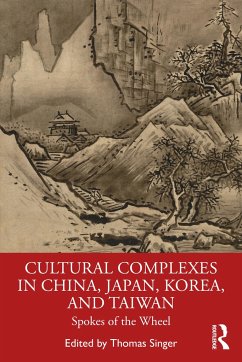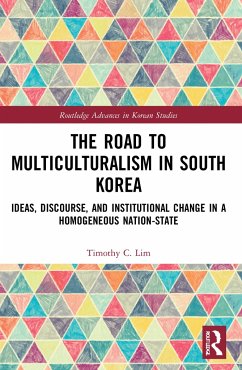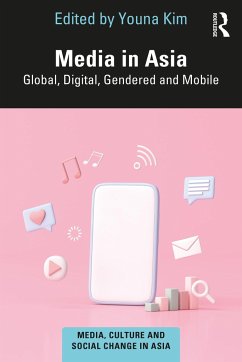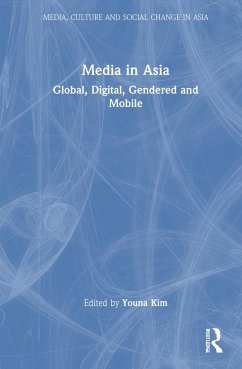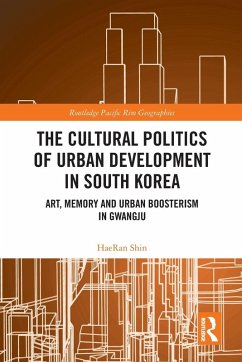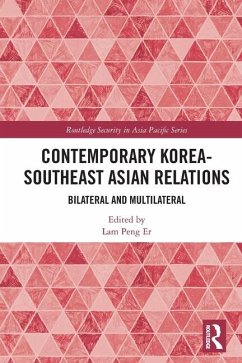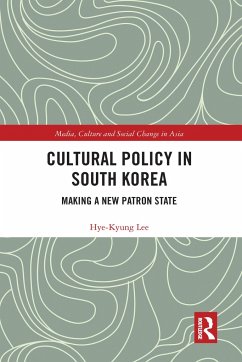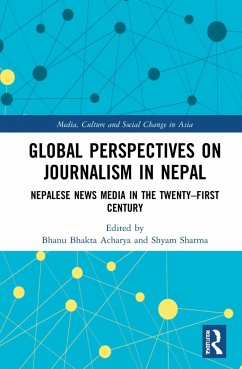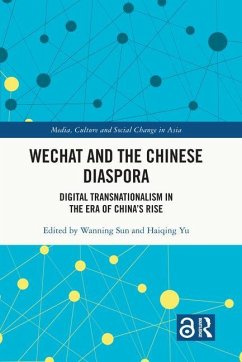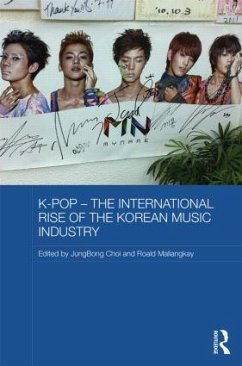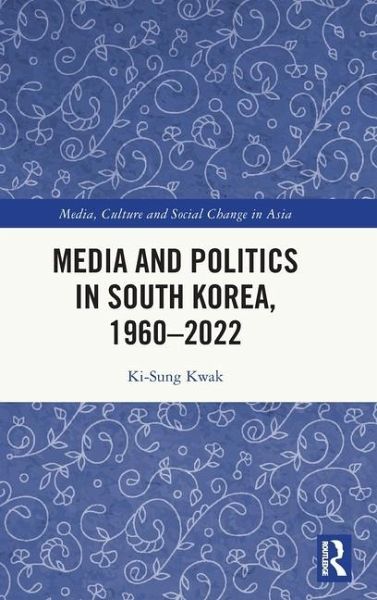
Media and Politics in South Korea, 1960-2022
Versandkostenfrei!
Versandfertig in 6-10 Tagen
144,99 €
inkl. MwSt.
Weitere Ausgaben:

PAYBACK Punkte
72 °P sammeln!
This book examines the constantly changing nature of the relationship between the state and the media within South Korea's political landscape. It traces developments as South Korea became gradually more democratic in the decades after 1960, and goes on to consider more recent developments which include democratic erosion and the deepening political division and their effects on the media, including the paralleling of this deepening political division within the media itself. It explores the issues that have affected the relationship between the media and the political power, assesses the impa...
This book examines the constantly changing nature of the relationship between the state and the media within South Korea's political landscape. It traces developments as South Korea became gradually more democratic in the decades after 1960, and goes on to consider more recent developments which include democratic erosion and the deepening political division and their effects on the media, including the paralleling of this deepening political division within the media itself. It explores the issues that have affected the relationship between the media and the political power, assesses the impact of new developments in media and communication technologies, and concludes by discussing how the legacy of authoritarianism has affected political reporting and the press-party relationship.




